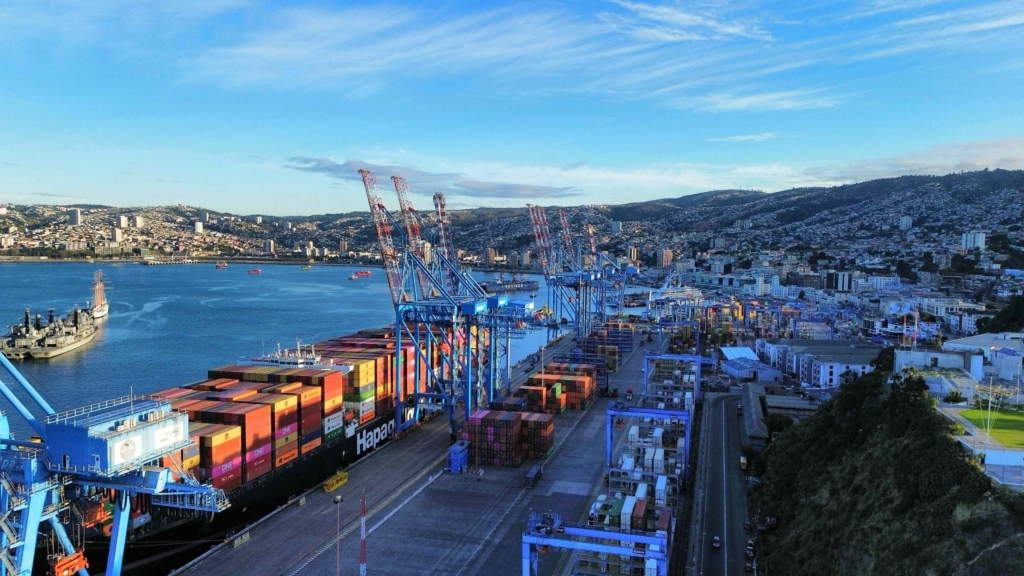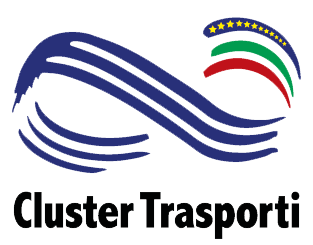Cluster Trasporti’s Working Groups are restarting

Published 7 July 2025
As announced during the Cluster Trasporti’s Assembly on May 28th, we communicate the reactivation of our thematic Working Groups (WG).
This renewed impetus represents a fundamental step for the Cluster, re-proposing the WGs as a cornerstone tool to guide innovation and collaboration in the transport sector with the support of our associates, forging the future together through the sharing of key priorities.
The primary objective of these groups, specifically, is to promote the sharing of topics of common interest, areas of work and also projects, favouring the preparation of documents and position papers, and the definition of a common communication plan (including news and their valorization through the cluster portal and social and associated channels) and participation in events (such as workshops, conferences and participation in fairs).
As is already known, the Transport Cluster is divided into four reference sectors: road, railway, waterways and ITS. In this phase, priority has been given to the reactivation of the Working Groups dedicated to maritime and railway transport.
We therefore invite members to express their interest in participating in the Sea WG or Rail WG, specifying their availability to attend a first meeting, whose date will be defined at a later time.
The objective of this first meeting is to collect contributions and proposals from participants to prepare a first plan of activities to be developed starting already from September.
Sea Working Group
Date and program
The Working Group on maritime transport will hold its first meeting on July 21, 2025, at 4:00 PM.
The meeting agenda will see the participation of interested members, some have already sent contributions to outline the state of the art, priorities and initial activity proposals.
In particular, Alessandro Iafrati of the CNR Institute of Marine Engineering has collaborated with the Cluster in the preparation of presentations and initial discussion topics.
During the meeting, a round table is planned, a crucial moment to gather proposals for topics, activities, projects, and the expectations of companies and associations.
Proposed areas of work
The proposed areas of work for the WGs are vast and aim to actively influence the national and European panorama.
These include the production of documents/position papers to be addressed to institutions, including: the Sea Plan 2026-28 of the Department for Sea Policies, the Logistics Plan of the MIT (regarding ports, intermodality, motorways of the sea), and the European Union Waterborne Platform.
Among the priority topics identified for the activity of the WGs on maritime transport, sustainability and biofuels stand out, which include alternative fuels and decarbonization for ships (by type) and ports (fuels and batteries), sustainability in ship building.
Other relevant topics are port logistics, with a focus on infrastructures and services, and intermodality and integration.
Innovative materials in the naval field are also considered, digitalization and AI applications for design and services, for monitoring and forecasts, and for sensorization and automation of navigation and onboard systems, including digital twins.
Rail WG to be defined
Parallel to the important reactivation of the WG inherent to the maritime sector, the reactivation of the Working Group dedicated to railway transport is in full preparation phase.
Currently, the Transport Cluster is actively collecting adhesions from members interested in participating in this strategic working group as well.
The first organizational meeting of this group is scheduled for September.


